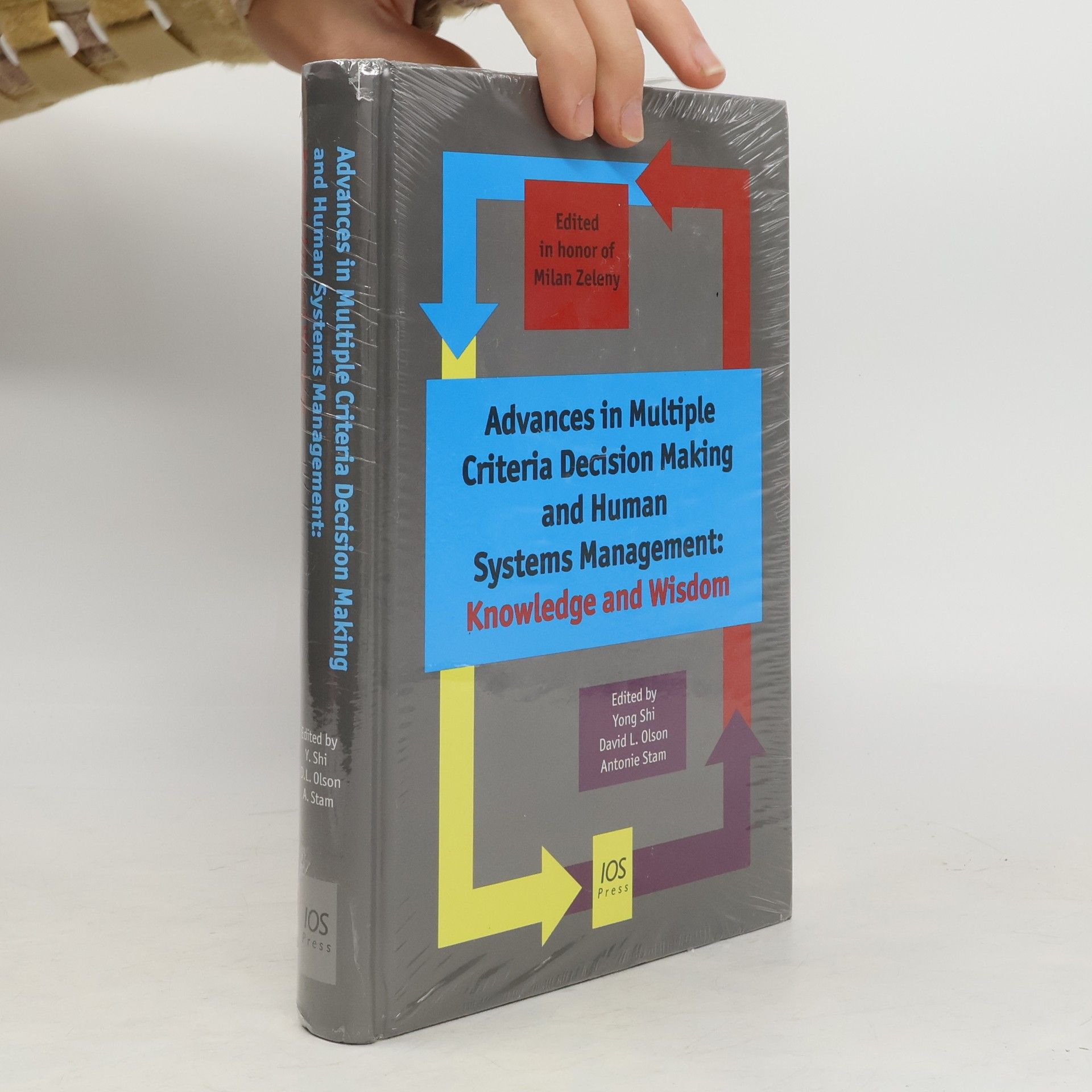Advances in Multiple Criteria Decision Making and Human Systems Management
Knowledge and Wisdom
- 405pages
- 15 heures de lecture
Edited as a Festschrift in honor of Prof Milan Zeleny, this volume reflects and emulates his unmistakable legacy: the essential multidimensionality of human and social affairs. It contains papers dealing with: Multiple Criteria Decision Making; Social and Human System Management; and Information, Knowledge and Wisdom Management.

